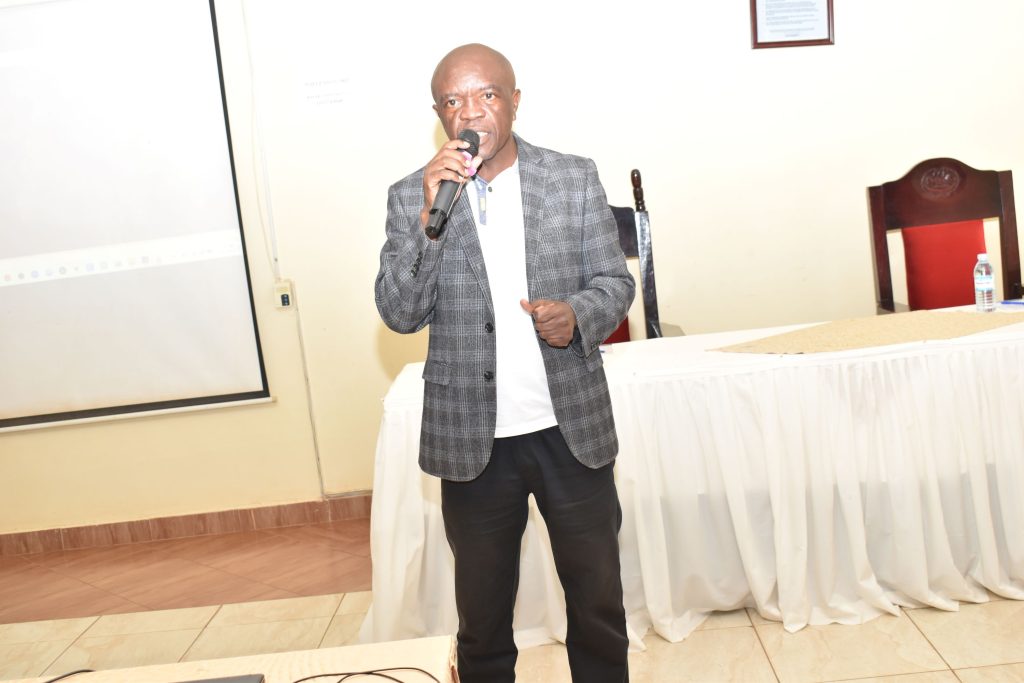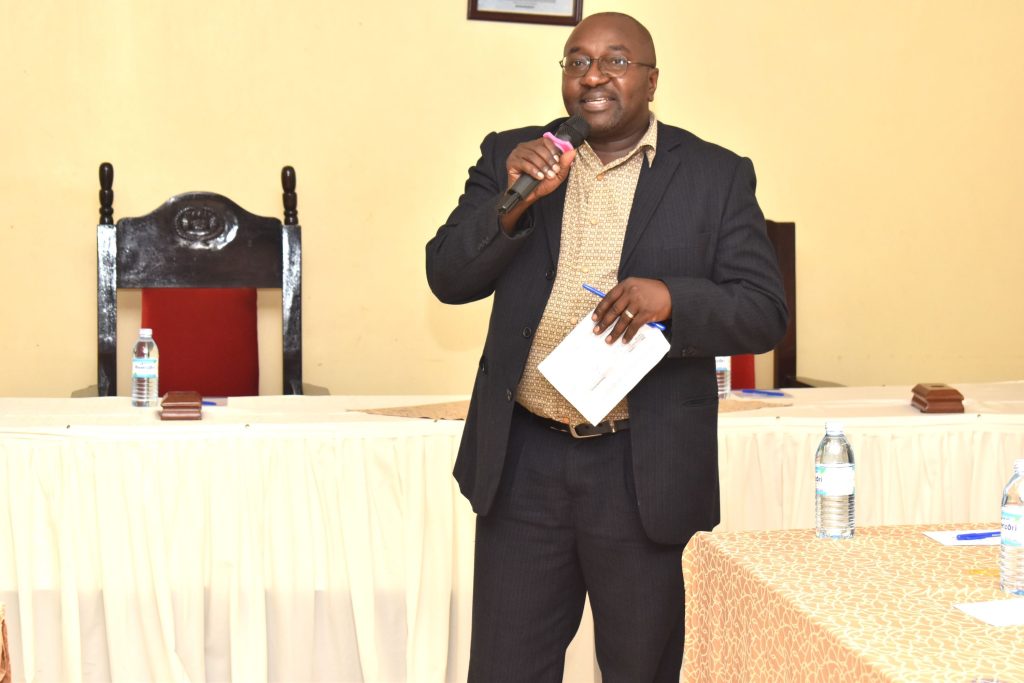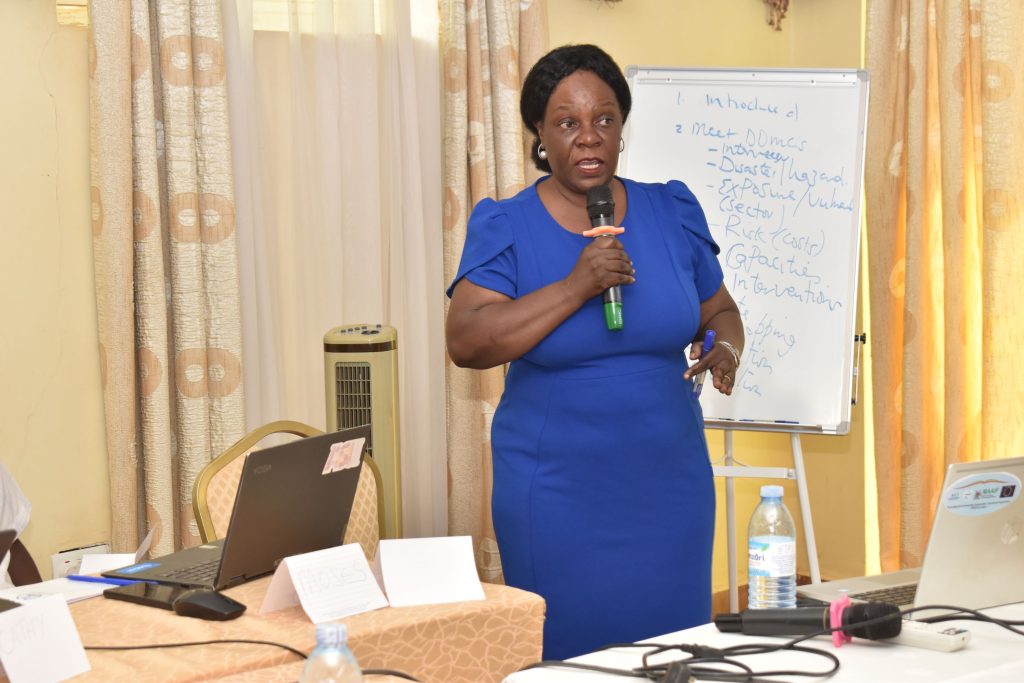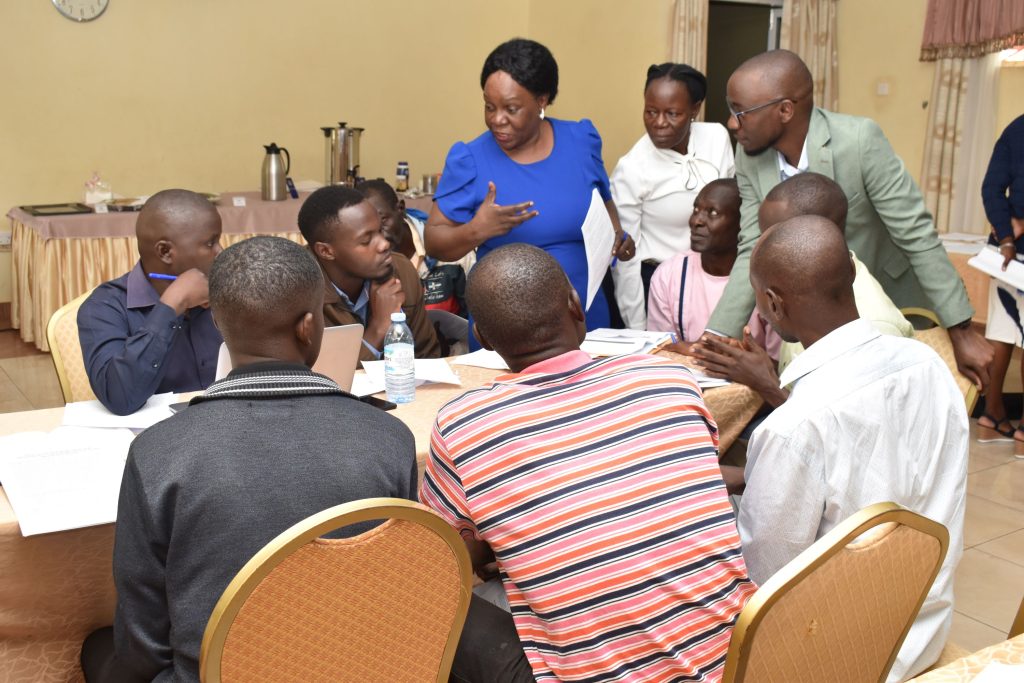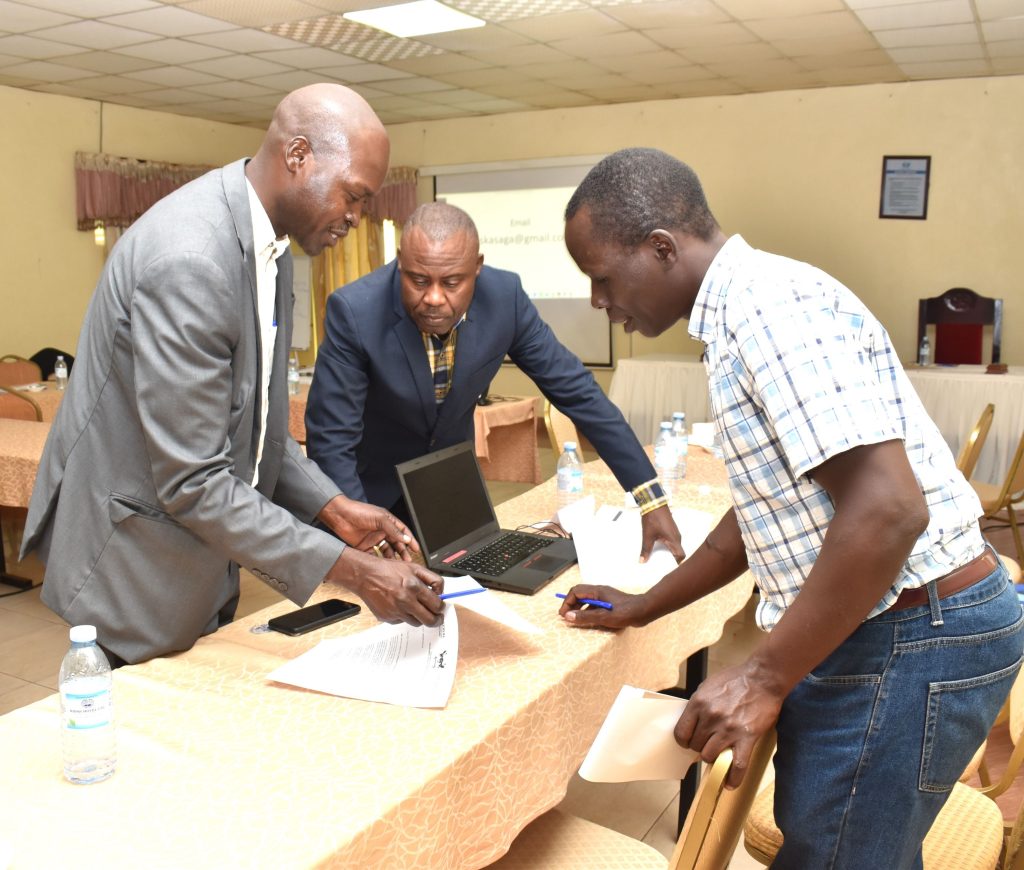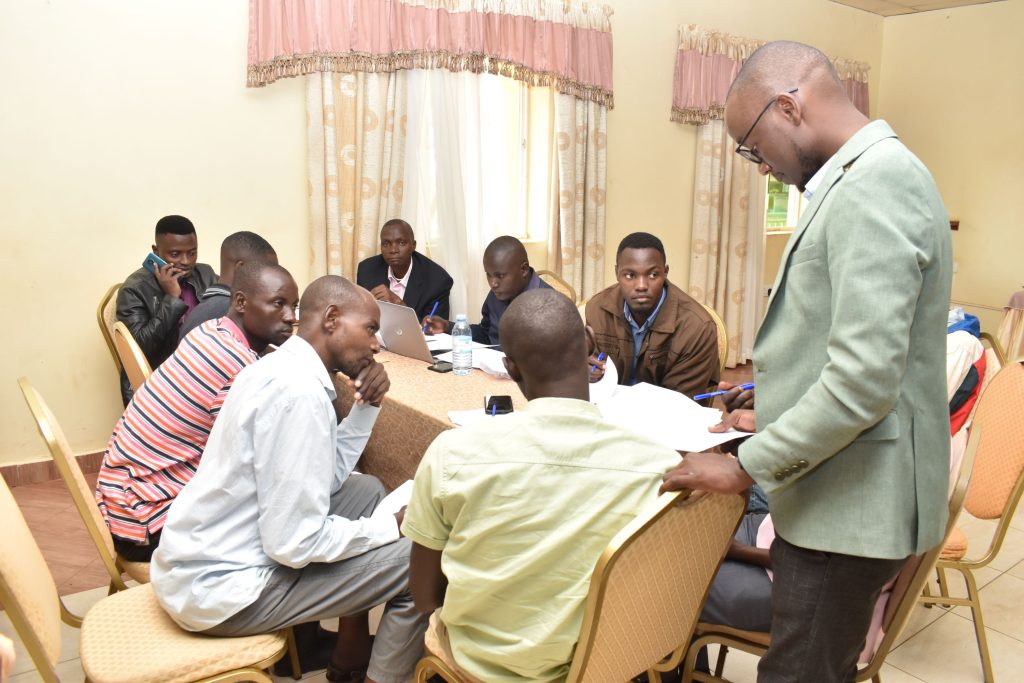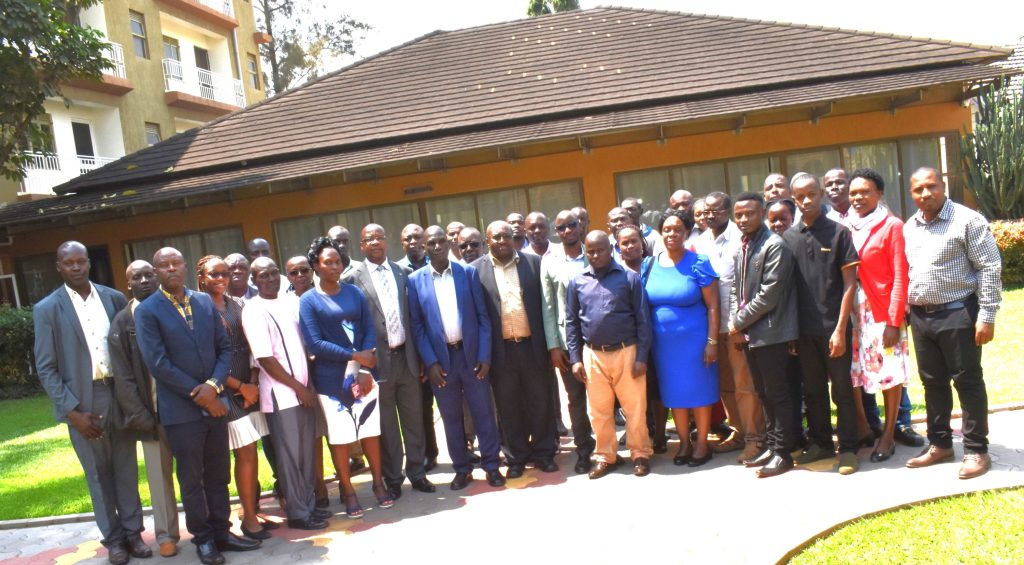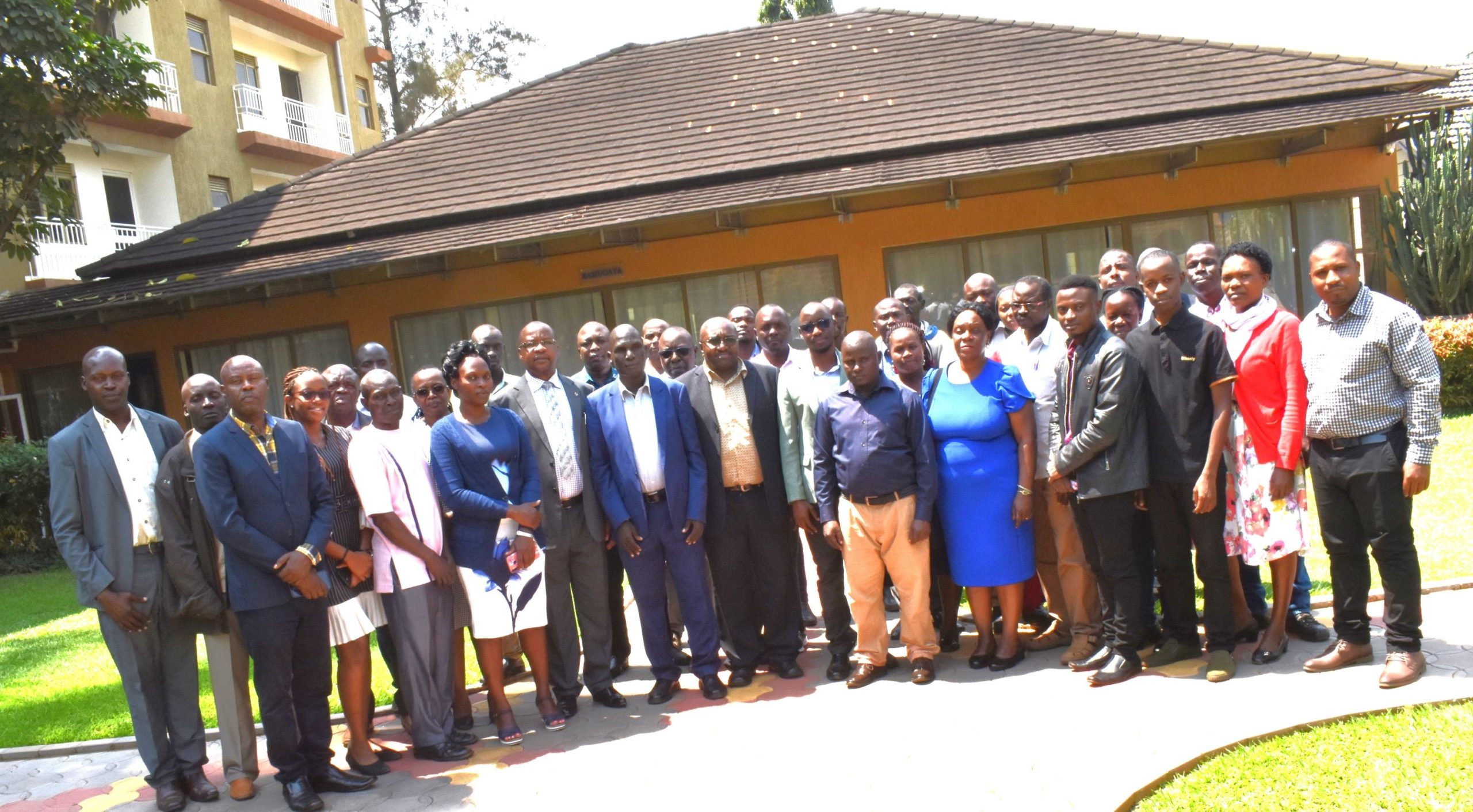****Through a project titled, Adding value to agro/bio-waste through integrating technologies to enhance sustainable agro-process waste management in Uganda”, the researcher led by Dr Joseph Kyambadde from the Department of Biochemistry and Sports Science, have proposed a number of technologies that can be used to avert the challenge of poor waste management in the country.
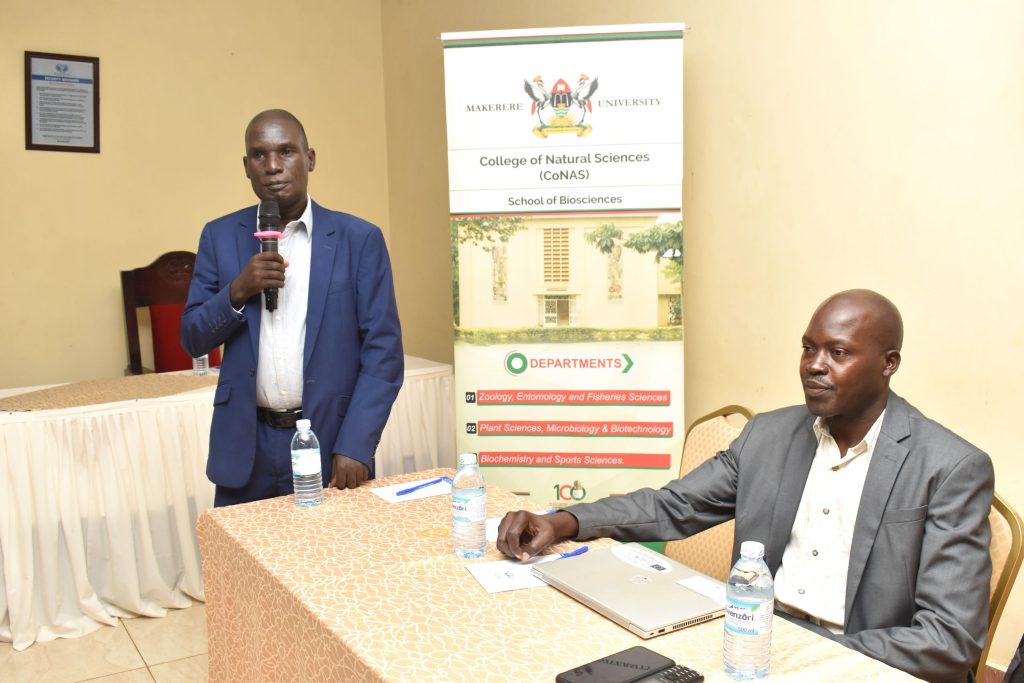
Background
Majority of industries in the country such as dairies, abattoirs, breweries, distilleries, and tanneries are engaged in agro-processing. Such industrial processing often leads to the discharge of large quantities of organic-rich wastewater, disease-causing micro-organisms, and greenhouse gas emissions, if poorly treated or managed. While the regulatory body, the National Environment Management Authority (NEMA) requires that all industries should efficiently treat their effluent to meet discharge standards, waste treatment technology market surveys that were carried out in the major industrial cities of Kampala, Jinja, Masaka and Mbarara in 2018 showed that most agro-process industries do not treat their wastewater. Furthermore, very few have in there effluent treatment management, resource recovery processes such as bio-digesters for recovering biogas and nutrient-rich bio-slurry. The industries that attempt to treat their effluent mainly use conventional systems, such as settling tanks and lagoons that do not efficiently remove all waste components. Additionally, industries require energy for their operations, but many use non-renewable sources, such as wood fuel, contributing to deforestation and greenhouse gas emissions. Consequently, the agro-process industries pollute the environment, contaminate drinking water sources, and pathogens from their wastes contribute to cases of diarrheal diseases. The agro-processing sector urgently needs technology solutions that would meet national environment regulatory requirements at affordable costs, but also incorporate resource recovery and reuse to protect the environment and also enhance their profit margins. However, many industries lack cost-effective technologies to convert their wastes into biogas or other useful by-products such as slurry for use as manure/bio-fertilizers. The industries also lack expertise to design and operate appropriate waste treatment technologies.
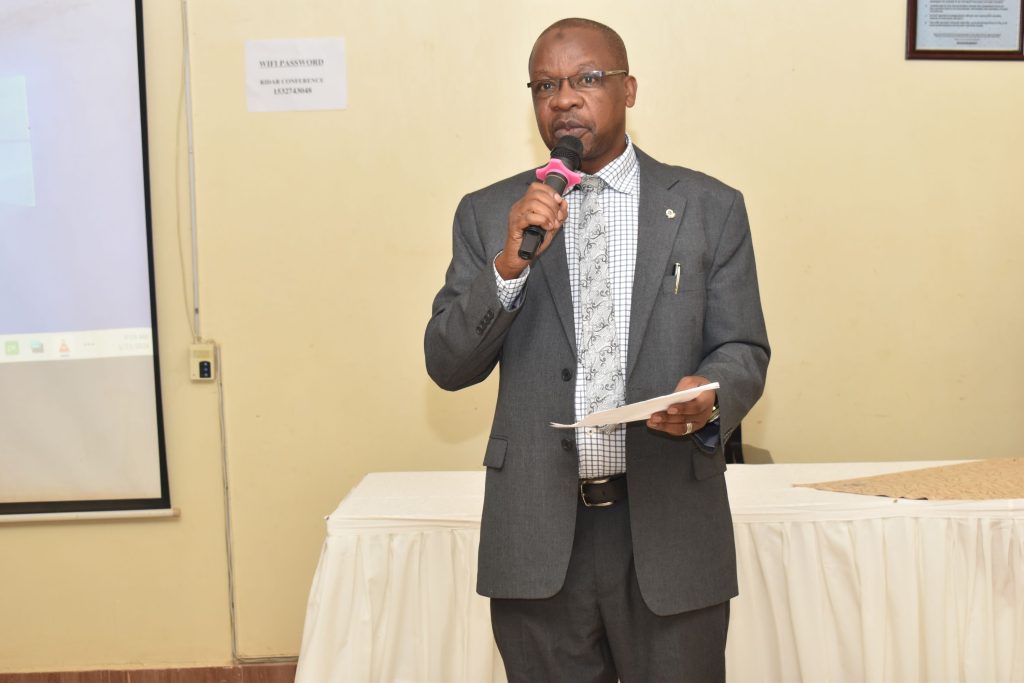
Addressing the challenge of poor waste management
Agro/bio wastes are organic-rich, hence can be biodegraded using appropriately designed integrated technologies. These methods offer the options for meeting national discharge standards, reuse of treated effluent, and recovery of useful by-products. A study conducted by researchers from the College of Natural Sciences (CoNAS), Makerere University in collaboration with partners in the waste management sector proposes a number of technologies that can be deployed to effectively address the challenge of waste in the country. These include; anaerobic-aerobic digesters, sludge drying beds, constructed wetlands, and duckweed growing units.
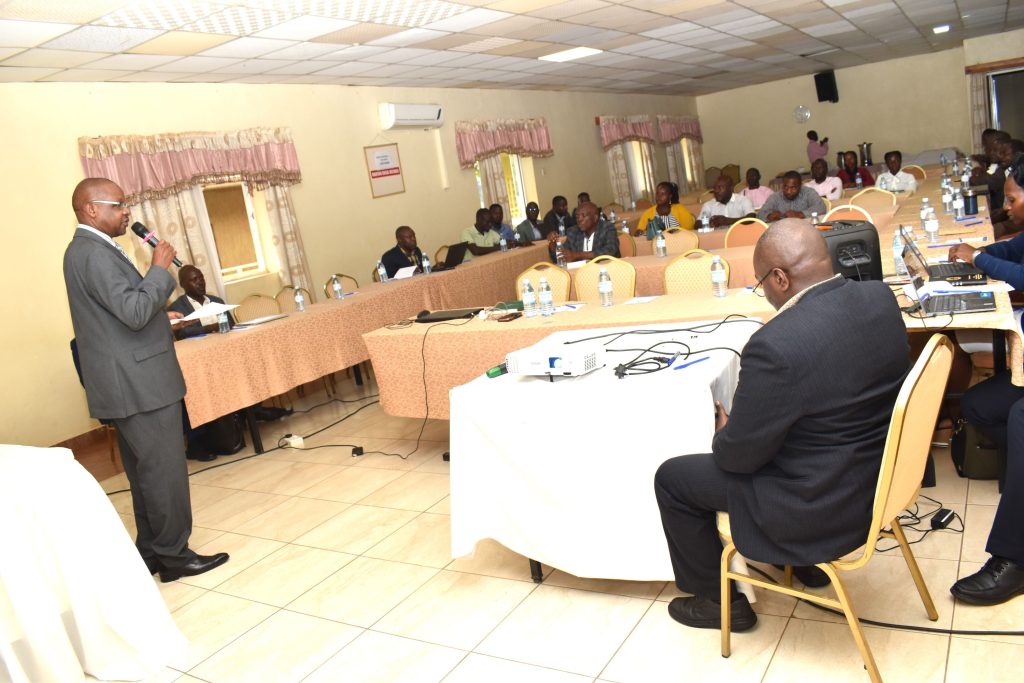
Through their project titled “Adding value to agro/bio-waste through integrating technologies to enhance sustainable agro-process waste management in Uganda”, the researchers led by Dr Joseph Kyambadde from the Department of Biochemistry and Sports Science at Makerere made several recommendations towards waste management in the country. The researchers called for integration of aspects of the technology, encompassing wastes-to-energy courses/topics in the curricula of programmes like biochemistry, industrial chemistry, and environmental sciences at universities. This would enable training of scientists who would in turn foster adoption and promotion of the developed technologies in different industries. They also emphasized the need to promote investment in technologies that can be used to convert waste into useful by-products like biogas, bio-fertilizers and protein-additives, and to raise awareness about the importance of waste treatment technologies amongst private-public actors, managers/business owners of agro-processing industries, as well as government line ministries/agencies, and development partners.
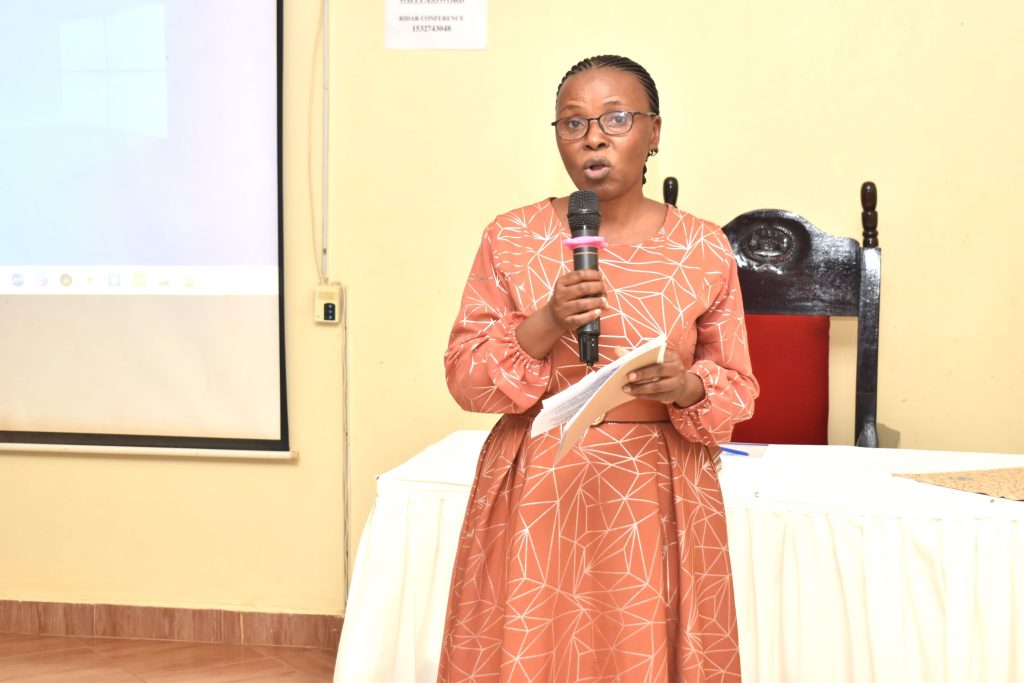
Supported by the Government of Uganda through the Makerere University Research and Innovations Fund (MakRIF), the overall objective of the project was to contribute to climate change mitigation, environmental sustainability, and agricultural development through integrated waste management systems. Under the project, the research team developed nutrient-rich fertilizer and animal feeds, and supported the production of biogas and electricity. Other members on the project included; Dr. Robinson Odong (Co-Principal Investigator), Dr. Gertrude Muwanga (Economist), Eng. Charles Ddungu (Civil Works), Eng. Edward Kalule (Electricals), Mr. Bright Twesigye (Research Assistant), Mr. Sendi (Field Assistant), Mr. Kuman (Field Assistant), and CATDA (Project Host).

Research dissemination seminar
On 23rd January 2024, the project team held a seminar at Ridar Hotel, Mukono District to present their research findings/outputs to key stakeholders in the waste management sector such as industry, academia, and policy makers, and also receive feedback. At the meeting, the project PI, Dr Joseph Kyambadde decried the high level of poor waste disposal in the country. Highlighting the support extended to City Abattoir Traders Development Association (CATDA), Dr Kyambadde said many industries were directly disposing effluent into water sources, posing a number health, environmental and economic risks. “Investing in waste treatment technologies would avert the risks, but also support the recovery of useful byproducts such as nutrient-rich slurry or biogas.” As one of the achievements registered, the project supported the construction of a wastewater treatment plant at Kampala City Abattoir. According Mr. David Mutebi, the PRO of Kampala City Abattoirs Hides and Skin Traders’ SACCO, before Makerere supported the construction of the plant, effluent used to be discharged in Nakivubo Channel, posing several health and environmental risks. Dr Kyambadde appreciated the Government for supporting the project which is envisaged to minimize poor waste disposal throughout the country.
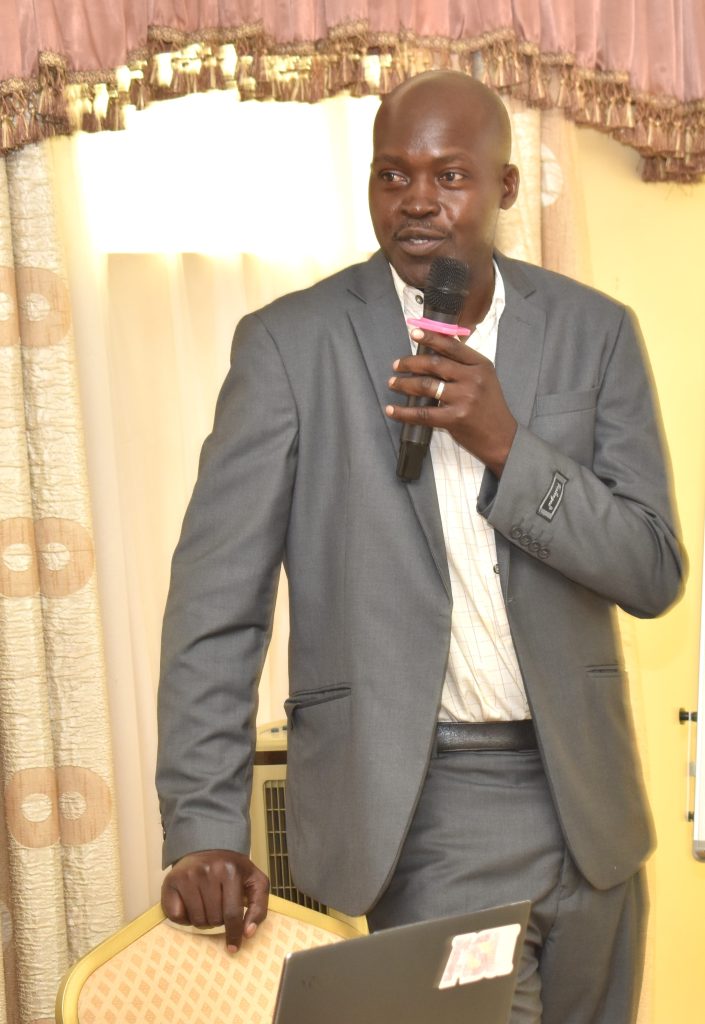
As part of the strategies for sustainable agro-process waste management in the country, participants advocated for a comprehensive policy, a waste management fund, and incentives for investment in waste management technologies. They also called for a comprehensive curriculum for waste management, and a market development plan for waste products.

In his remarks, the Deputy Principal of CoNAS, Prof. Juma Kasozi appreciated the Government of Uganda for the support extended to the project. “Poor waste disposal is one of Uganda’s biggest challenges. I commend the research team for venturing into research that directly addresses the country’s development problems.” He called for increased investment to support initiatives aimed at managing waste from industries and other places.
